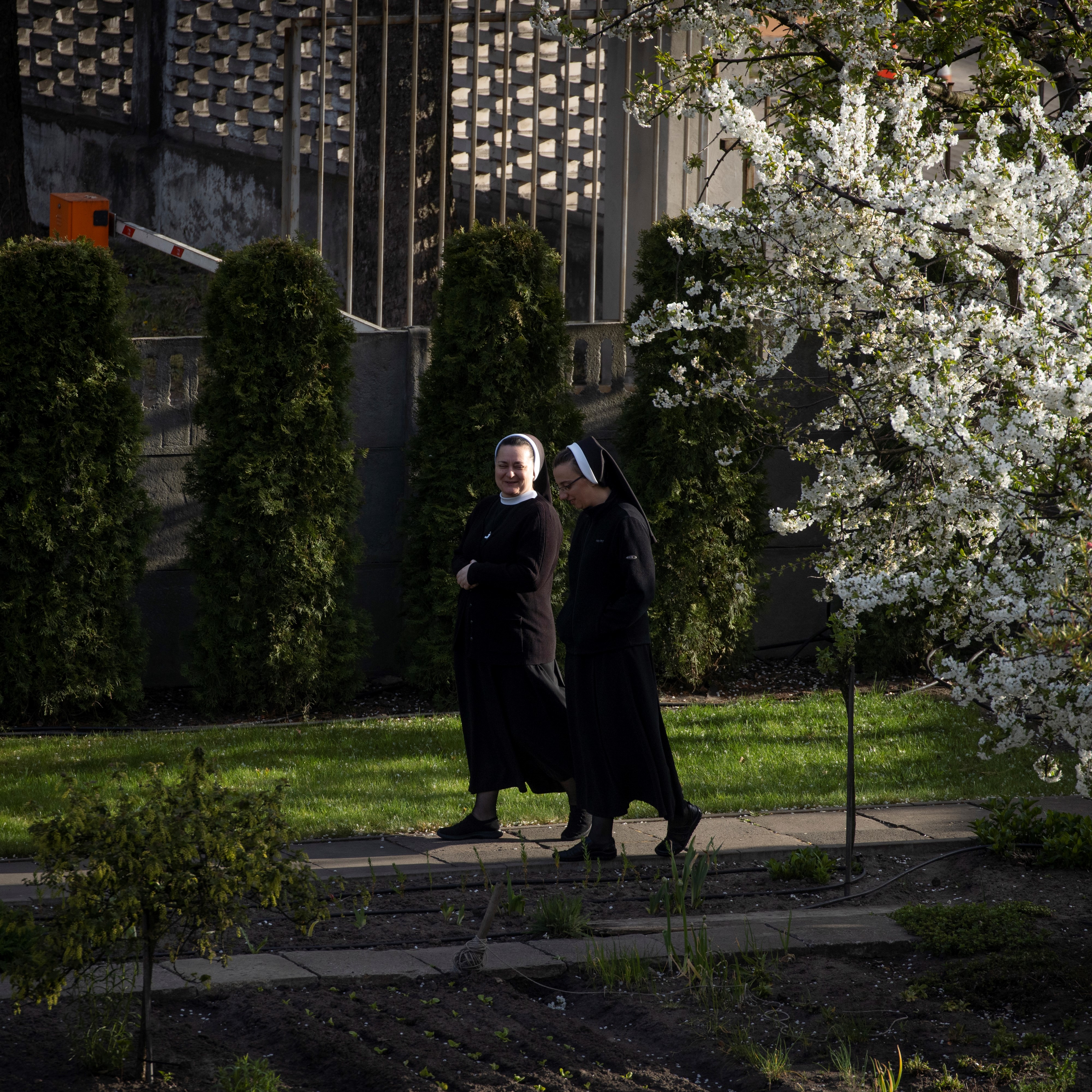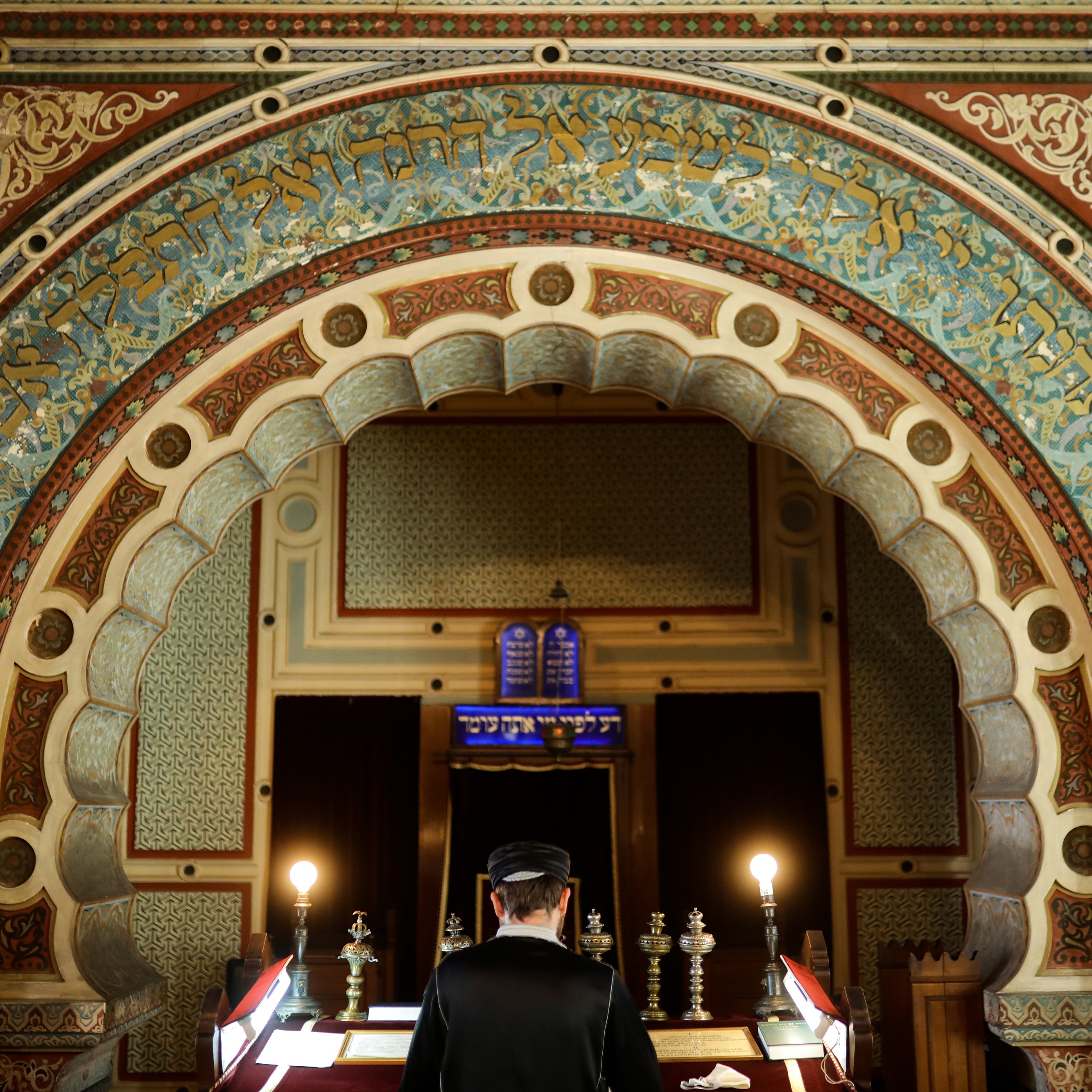Some of my first memories of synagogue are of the smell.
My family were members of a rapidly expanding Reform Jewish community that met in Bushey for its first few years. Before there was money for a permanent home, we met in a CofE church with a declining membership. We would cover up the Christian symbols, but the place was saturated with the odour of stolid English Protestantism: A musty, dusty, vaguely sweet smell of wooden pews, candles, velvet and un-dusted corners.
As the congregation and I grew, we moved into our own building, a deconsecrated United Reform church in nearby Radlett. That smells here were more complex; the mustiness of neglect, damp and drains, cut through with the cloyingly sweet wine we used for kiddush on the Sabbath, and the temptingly rich aroma drifting over from the Chinese restaurant next door.
I’m not sure we take the smell of religion seriously. The ‘church smell’, in Britain at least, may evoke memories pleasant or otherwise, but it is too often treated as background in considering the nature of religious experience. The joke about Catholicism (and maybe Orthodoxy too) being all about ‘bells and smells’ may be made affectionately or otherwise, but the fact that it is a joke suggests that the sensory nature of the religious is under-appreciated.
In fact, the use of sweet smells to accompany worship is, historically speaking, a highly serious matter. For one thing, as David Abulafia notes in his book The Great Sea, the demand for incense helped to spur the international spice trade from ancient times onwards, with lasting consequences for globalisation. In the first and second Temples, the incense offering played a vital part in the priestly rituals and spawned a voluminously detailed rabbinic literature. As with Judaism, Christianity not only made use of incense, it continued the analogy between the odour rising upwards on the smoke with the ascent of prayers to the throne of the almighty.
Sweet or otherwise, ritualised or not, the smell of the spaces in which we gather to pray are not incidental to religious life. On one level, this is really just a truism. We apprehend the world sensually and while we might privilege sight and sound intellectually, our bodies do not make this distinction. We are holistic beings, whether we recognise it or not.
Smell has a distinctive unruliness. The sweet and holy can easily be invaded by the profane and vile. Just as the cooking smells of the Chinese restaurant next door to our synagogue would torment us on the fast of Yom Kippur, so in the Temple in Jerusalem, the incense would have mixed with the odours of decomposing animal corpses and open sewers. Our olfactory system makes a mockery of absolute distinctions between sacred and profane.
Yet smell is also a reminder of our common humanity. There is no smelling without breathing and every human must breath. The ancient Nishmat prayer, still recited today, begins in the UK Reform translation: ‘The breath of life in every living thing creature shall bless you…’. In unpointed Hebrew, nishmah ‘breath’ is spelled identically to neshama ‘soul’. Breath is soul and vice versa. And to breath is to smell. Collective prayer is breathing (and hence smelling) together, as we attempt to make this mundane act into one of transcendence.
To breath, though, is also to infect. In 2020 our entire existence has been upended as we struggle to reconcile our inevitable need to breath and the dangers of doing so together. We fear the virus that will make us struggle to breath. We are horrified at the possibility of being hooked up to machines that would ventilate our lungs. And our sense of smell is one of the harbingers of this danger, as its disappearance (along with taste) has become a warning of the plague entering our bodies.
When lockdown began, the UK Jewish community, and in particularly the Reform Jewish community in which I am closely involved, moved quickly to put synagogue services online. While we continue to come together for prayer, Zoom only allows us to share the sight of us and the sound of us. We might breath at the same time, but we do not breath the same air. Each member of the congregation inhabits their own domestic smellscape.
While I celebrate the herculean efforts of religious leaders, in my own community and in others, to move religious lives online, I do wonder whether we have made space to grieve that which cannot be done virtually. Of course, there is much collective sadness for the mourners who cannot be comforted and the lonely virtual funerals. But maybe we don’t appreciate enough how far the inability to breath and smell together is an absolute loss in more everyday activities.
For the last few years I have been a member of a large Reform synagogue in Golders Green. It is housed in a purpose-built building rather than a converted church. What makes me sad is that I don’t remember what it smells like. Its odours are neither unpleasant nor sweet enough for me to have consciously noticed them.
The Queen in her broadcast in April assured us the ‘we will meet again’. To meet together again will be to smell together again. We will breathe in collective smells both vile and holy. Perhaps we will notice our smellscape anew, before it recedes once again into the background.
Or to put it another way, as Nelson Muntz in The Simpsons would say: "Smell you later!".
Dr Keith Kahn-Harris is a senior lecturer at Leo Baeck College, the UK progressive rabbinic seminary.



 Loading ...
Loading ...
What do you think?
You can post as a subscriber user ...
User comments (0)